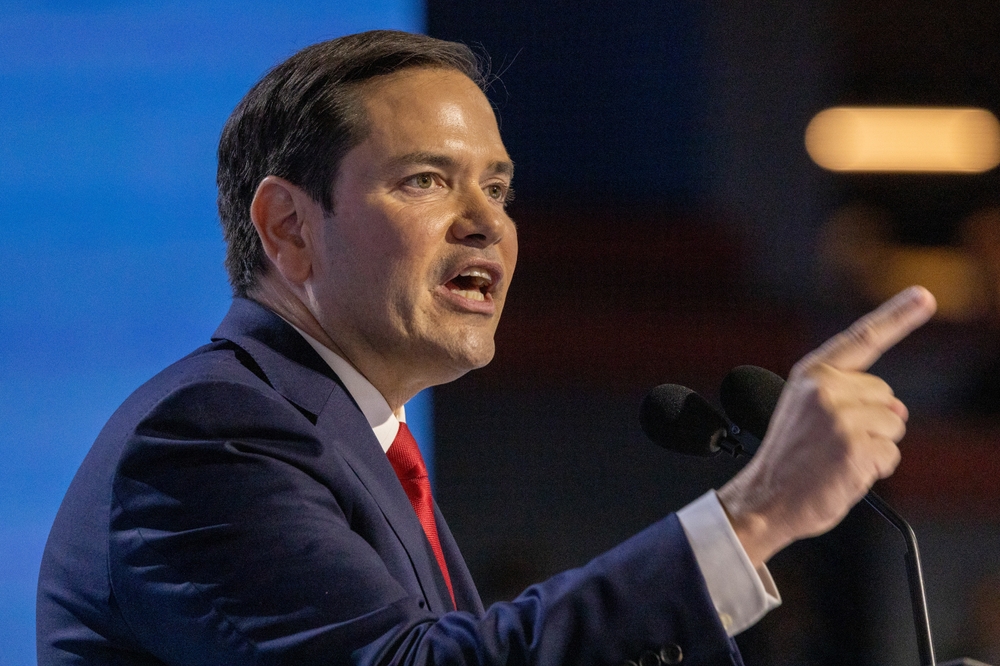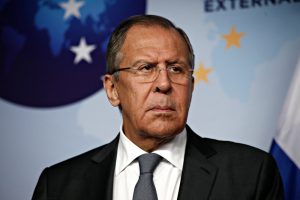Frustration grows in Washington over stalled peace talks; Putin’s demands remain a key obstacle
Others are reading now
Despite early hopes for a swift peace deal to end the war in Ukraine, U.S. officials now believe a ceasefire is unlikely in the coming months. Senior members of the Trump administration have begun drawing up contingency plans to pressure both Kiev and Moscow as negotiations stall.
Trump’s Ceasefire Goal Fading
According to Digi24, Trump and his top advisers had originally aimed to broker a full ceasefire by April or May. However, internal assessments now suggest that Russian President Vladimir Putin has been resisting key U.S. proposals, while Ukraine, too, has shown reluctance regarding American mineral and economic deals linked to the peace process.
National Security Council spokesman James Hewitt confirmed the shift in tone: “There is deep frustration with the Russian government regarding the negotiations.”
New Pressure Tactics on the Table
In response, the Trump administration is weighing a range of new tools, including higher tariffs and secondary sanctions targeting buyers of Russian oil.
Also read
Trump himself hinted at these options in a recent NBC interview, saying he was “angry” at Putin’s latest comments about Ukrainian President Volodymyr Zelensky and was considering oil tariffs of up to 50%.
Other officials, such as Secretary of State Marco Rubio and National Security Advisor Mike Waltz, are now expressing doubts about the possibility of influencing Putin without significant Western concessions. Putin’s “maximalist” demands — including a pullback of NATO forces from Europe — are seen as unrealistic.
Peace Deal or Prolonged Conflict?
While the administration is still in talks with both Ukraine and Russia, a senior official admitted that the peace roadmap might require revisions to accommodate some of Kiev’s economic concerns. Still, the lack of trust in Moscow’s intentions is growing.
Russia’s Deputy Foreign Minister Sergei Ryabkov stated publicly that the current U.S. proposals fail to address what Moscow sees as the roots of the conflict. Meanwhile, Trump continues to push for a minerals deal with Ukraine, calling it “essential” to broader peace efforts.
As fighting continues and both sides harden their positions, U.S. hopes for a quick resolution to the war are dimming — potentially leaving Washington in the uncomfortable position of managing a long-term, unresolved conflict despite earlier promises of peace.








